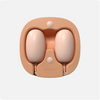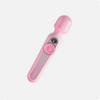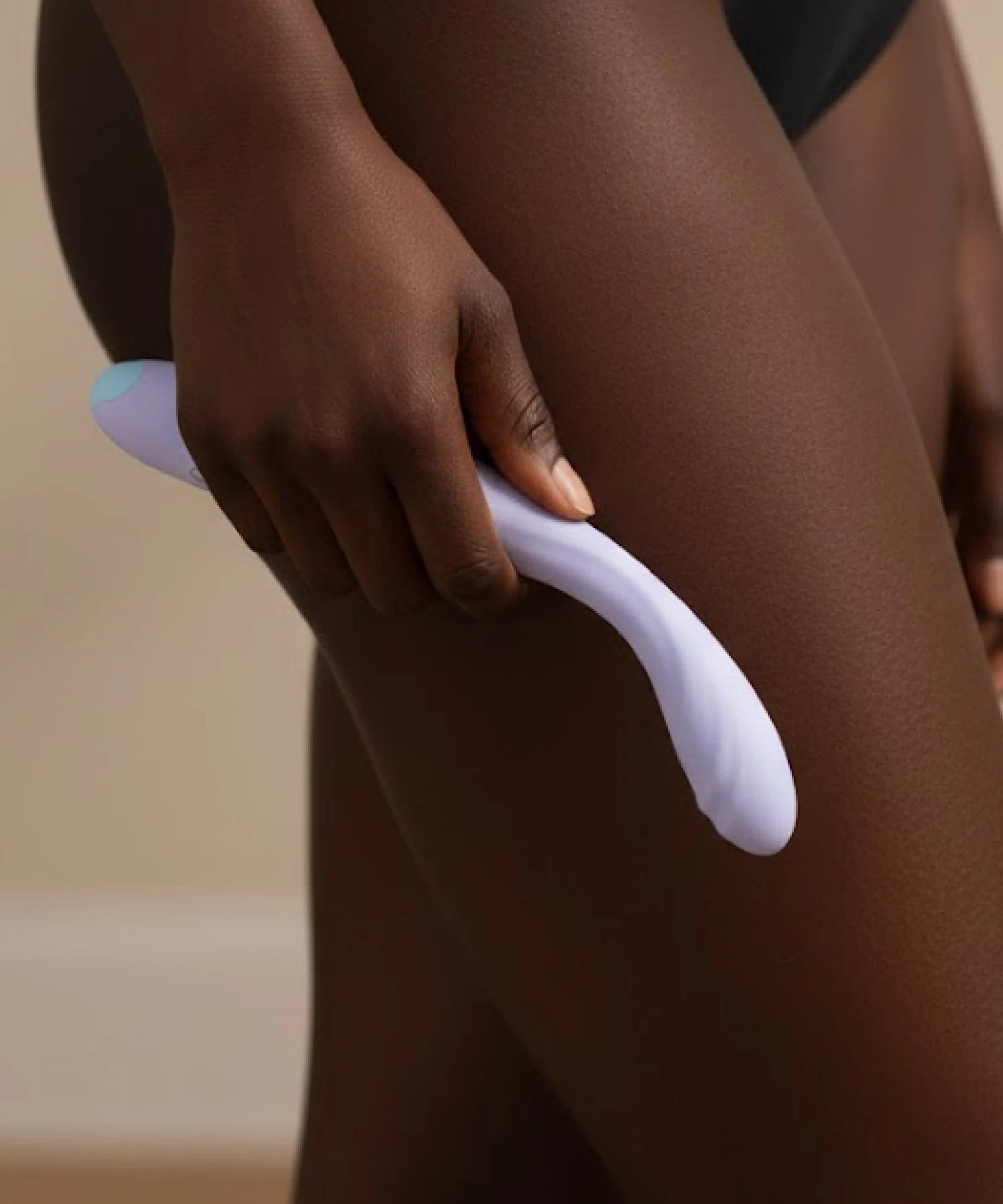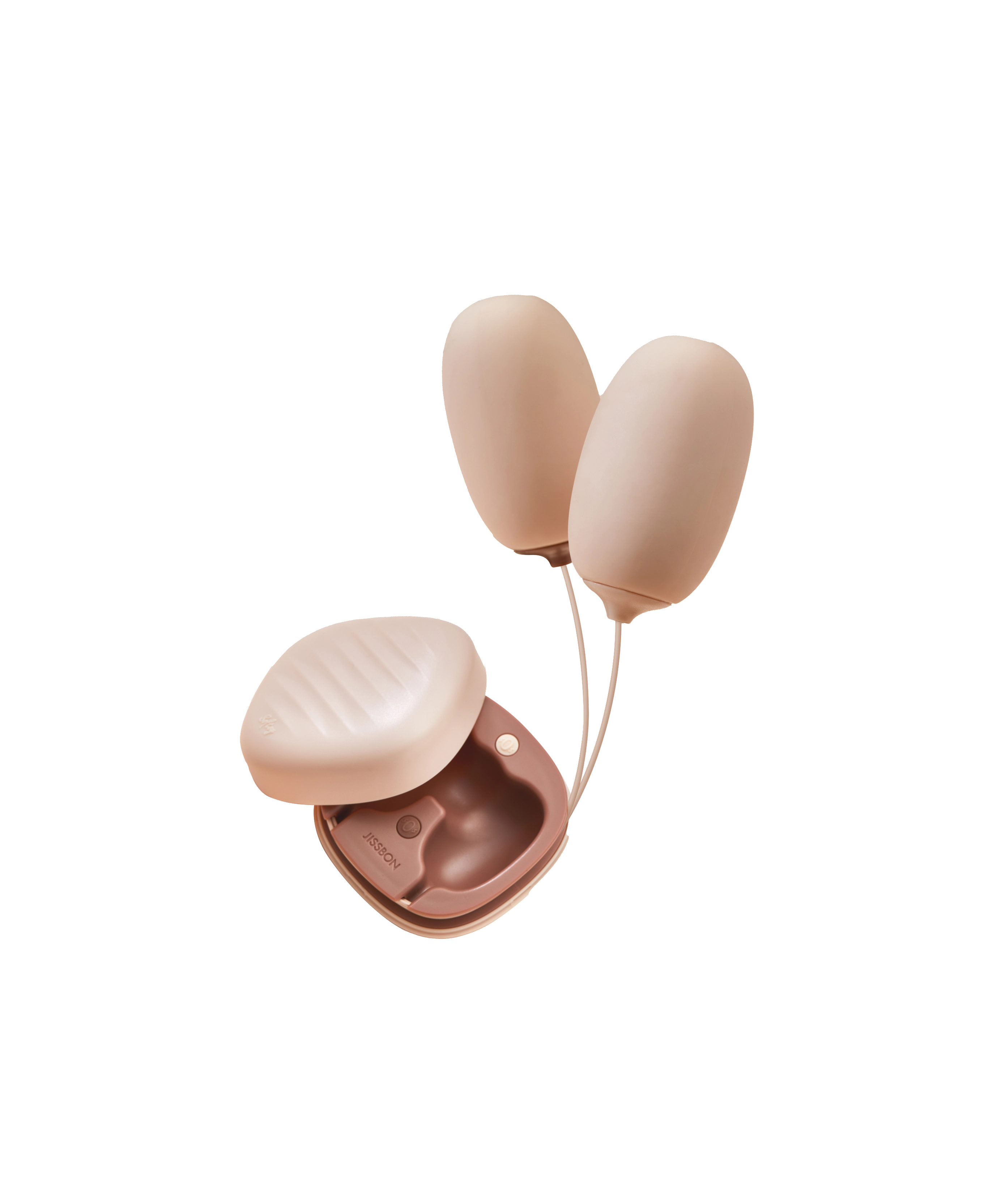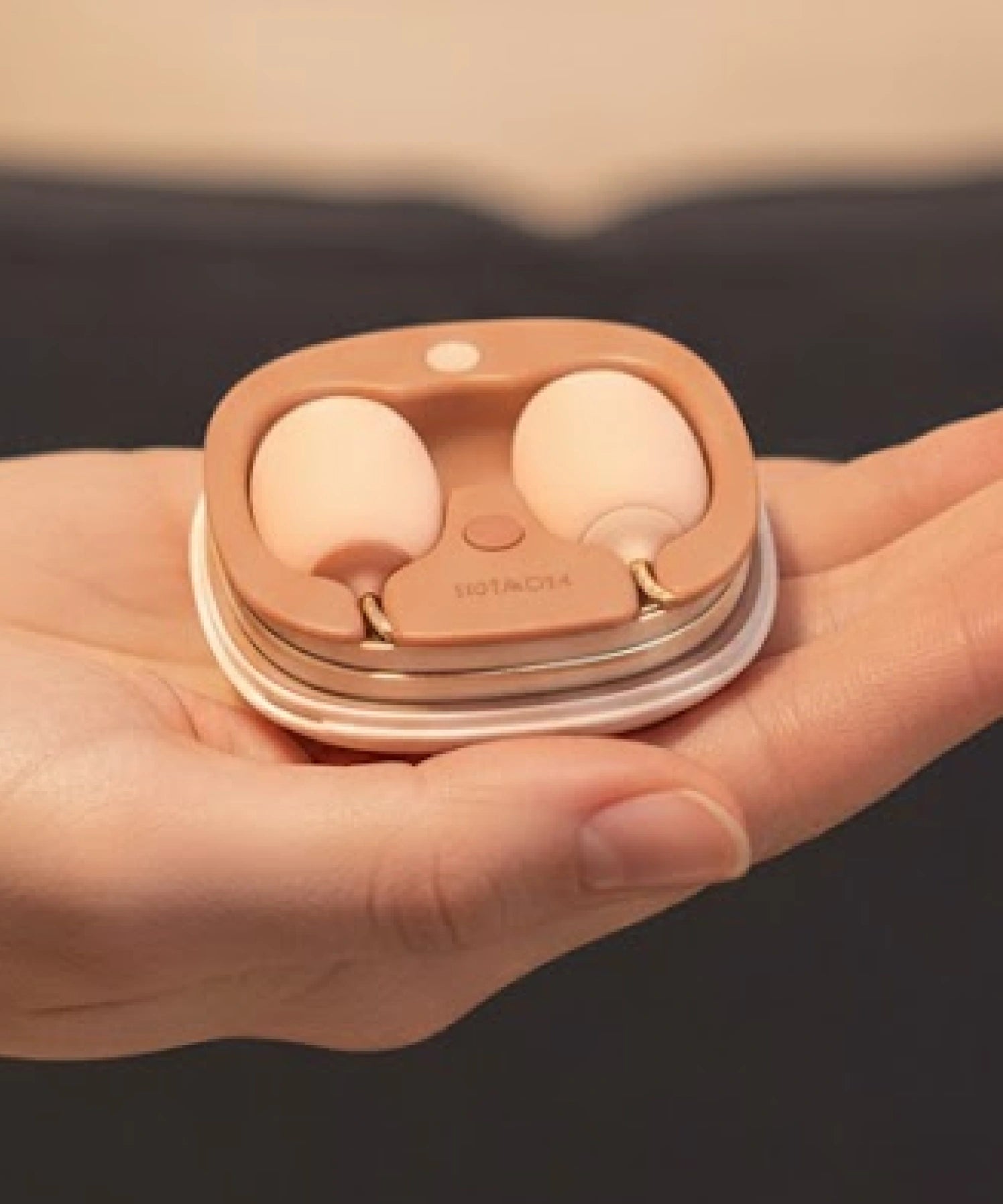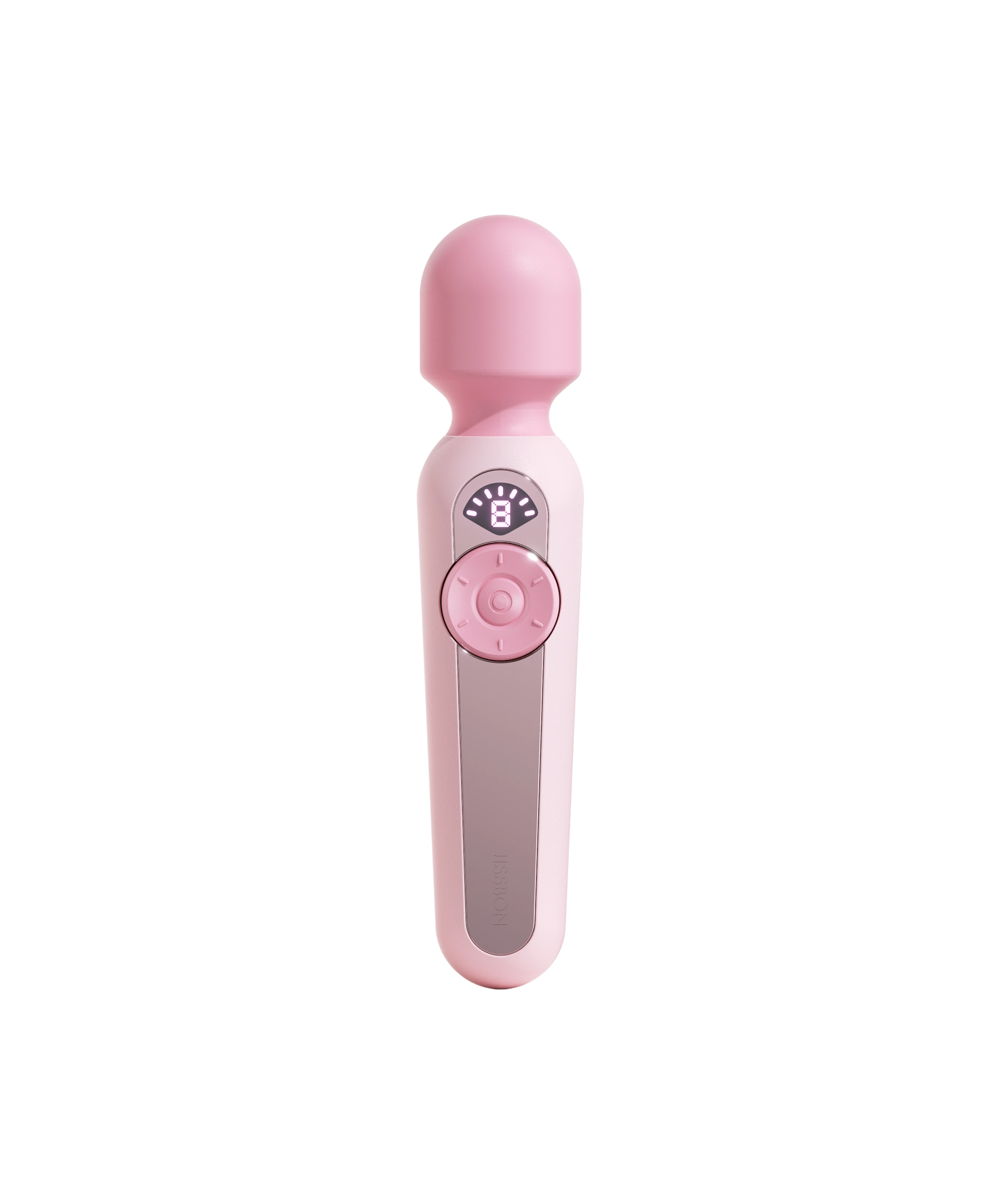Wondering when most people start having sex? According to research, the average age for first-time vaginal sex in the U.S. is around 17 years old, but there's huge variation—some wait until their 20s or later, while others start earlier.
This guide explores what's typical, what factors influence readiness, and how to know if you're truly prepared for this important step in your life.
Who This Guide Is For
This information helps:
-
Teenagers wondering if they're "normal" or behind
-
Young adults making decisions about sexual activity
-
Parents wanting to understand typical development
-
Anyone curious about what research shows
- People questioning their own readiness
Important: There's no single "right" age—readiness depends on emotional maturity, safety knowledge, and personal values, not just a number.
What Research Shows: Average Ages by Country

Different studies show similar patterns worldwide:
|
Country/Region |
Average Age (Vaginal Sex) |
Average Age (Oral Sex) |
|
United States |
17 years old |
16-17 years old |
|
Australia |
15.3 years old |
15.1 years old |
|
United Kingdom |
16-17 years old |
16 years old |
|
Canada |
16-17 years old |
16 years old |
Key finding: Most people first have sex during late teenage years (16-18), but this average includes people who wait much longer.
What "average" really means: If the average is 17, that means plenty of people started at 14, 15, or 16, while others waited until 19, 20, 25, or even later. You're not "behind" if you haven't had sex yet—many adults wait well into their 20s or beyond.
Breaking Down Sexual Activity by Age Group

Here's what research shows about sexual activity patterns:
Ages 13-15:
- Small minority sexually active (roughly 15-25%)
- Most report feeling pressured or unprepared looking back
- Higher regret rates in this age group
- Brain still developing decision-making abilities
Ages 16-18:
- About 40-60% become sexually active
- Most common age range for first experiences
- Still developing emotional maturity
- Many report wishing they'd waited longer
Ages 19-22:
- About 70-80% have had sex by end of this period
- More emotional readiness and relationship stability
- Better access to contraception and health resources
- Lower regret rates compared to younger ages
Ages 23+:
- About 85-90% have had sexual experiences
- 10-15% choose to wait for various personal reasons
- Higher satisfaction with timing of first experience
- More likely to have sex within committed relationships
Bottom line: While the "average" is 17, waiting until your 20s (or longer) is completely normal and often leads to more positive first experiences.
Learn more about sexual health and development from trusted sources.
What Influences When People Start Having Sex?

The age someone becomes sexually active depends on many factors—not just one thing:
Cultural & Religious Factors:
- Religious beliefs often encourage waiting until marriage
- Cultural norms vary dramatically by region and family
- Some cultures are more open about sex, others more conservative
- Family values strongly influence personal choices
Education & Access to Information:
- Comprehensive sex education → safer, more informed choices
- Abstinence-only education → less safe practices when people do have sex
- Access to contraception affects when people feel ready
- Understanding of STI risks influences decisions
Personal Readiness Factors:
- Emotional maturity: Can you handle potential consequences?
- Self-confidence: Are you doing this for yourself or peer pressure?
- Communication skills: Can you discuss boundaries and protection?
- Relationship status: Are you in a trusting, stable relationship?
Social Influences:
- Peer pressure (friends talking about their experiences)
- Media portrayal of sex as "normal" for teenagers
- Dating culture in your school or community
- Romantic relationship opportunities
Practical Considerations:
- Access to birth control and condoms
- Privacy and safe spaces
- Knowledge about consent and boundaries
- Understanding of legal age of consent laws
Understanding age of consent laws in your area is important for safety and legality.
Signs You Might NOT Be Ready

Even if you're "the right age" statistically, you might not be personally ready. Here are red flags:
-
You feel pressured by partner, friends, or social expectations
-
You're doing it to "fit in" or not be the only virgin
-
You can't talk openly about sex, boundaries, or protection with partner
-
You don't know how to use contraception or prevent STIs
-
You're afraid to say no or change your mind
-
You feel embarrassed about your body or inexperience
-
You can't handle potential emotional consequences
-
You don't trust your partner completely
-
You'd be devastated if your parents found out
- You haven't thought through what you'd do about pregnancy or STIs
If multiple items above resonate, you're probably not ready yet—and that's completely okay.
Signs You Might Be Ready
True readiness includes emotional, mental, and practical preparation:
-
You feel confident in your decision (not pressured)
-
You can communicate openly with your partner about everything
-
You understand how to use protection and contraception correctly
-
You know about STI risks and prevention
-
You trust your partner completely
-
You can say no at any point without fear
-
You've thought through potential consequences (emotional and physical)
-
You respect your own boundaries and your partner's
-
You're in a stable relationship (or comfortable with casual if that's your choice)
- You understand consent and that it's ongoing, not one-time
Key point: Being ready isn't just about age—it's about maturity, knowledge, trust, and preparation.
Learn about healthy relationships and consent from medical experts.
How to Know When YOU'RE Ready

Instead of comparing yourself to statistics, ask yourself these questions:
Emotional readiness:
- Am I doing this because I want to, or to please someone else?
- Can I handle rejection, jealousy, or relationship changes afterward?
- Will I be okay emotionally if this relationship ends?
- Am I comfortable with my body and sexuality?
Practical readiness:
- Do I know how to get and use contraception?
- Can I afford condoms, birth control, or STI testing?
- Do I have a private, safe place?
- What would I do if I got pregnant or got someone pregnant?
Relationship readiness:
- Have my partner and I discussed boundaries, expectations, and protection?
- Do we trust each other completely?
- Can I talk to my partner about anything without fear?
- Does my partner respect my "no" without pressure?
If you answered "no" or "I'm not sure" to several questions, you're probably not ready yet.
What About Younger Ages? Understanding Normal Development
Parents and young people often have questions about appropriate sexual behavior at different ages:
Is sexual curiosity normal in children?
Yes—exploration of one's own body is a normal part of development:
- Ages 2-5: Self-touching and curiosity about bodies is normal and innocent
- Ages 6-9: Awareness of privacy, less public touching, questions about reproduction
- Ages 10-12: Puberty begins, masturbation becomes more common, interest in relationships
This is NOT the same as being "sexually active" with partners, which involves emotional and physical readiness that doesn't develop until later teen years at earliest.
When is it concerning?
Contact a pediatrician if a child:
- Displays sexual knowledge beyond their age
- Tries to engage other children sexually
- Shows compulsive sexual behavior
- Has been exposed to adult content repeatedly
Understanding child development and sexuality helps distinguish normal curiosity from concerning behavior.
Important for teens under 16:
Even if you feel ready, most places have age of consent laws (usually 16-18 years old) that exist to protect young people from exploitation. Having sex before legal age can have serious consequences for both people involved.
Safe Sex Basics: What You MUST Know Before Having Sex
If you decide you're ready, safety is non-negotiable:
Contraception options:
|
Method |
Effectiveness |
Protects Against STIs? |
|
Condoms |
85-98% (with perfect use) |
YES |
|
Birth control pills |
91-99% |
NO |
|
IUD |
99%+ |
NO |
|
Implant |
99%+ |
NO |
|
Emergency contraception |
Varies (backup only) |
NO |
Golden rule: Use condoms EVERY time, even with other birth control, to prevent STIs.
STI prevention:
- Get tested regularly (both partners before having sex)
- Use condoms consistently and correctly
- Limit number of sexual partners
- Communicate openly about sexual history
- Watch for symptoms (unusual discharge, sores, pain)
Where to get help:
- Planned Parenthood (free/low-cost services)
- School health clinics
- Family doctor or pediatrician
- Local health department
Browse intimate wellness products designed with safety and comfort in mind.
Why Waiting Often Leads to Better Experiences
Research consistently shows people who wait longer report:
✓ Less regret about their first time
✓ More emotional satisfaction with the experience
✓ Better communication with partners
✓ Safer practices (more likely to use protection)
✓ Fewer negative emotional consequences
✓ More stable relationships when they do have sex
What people who started early often say:
- "I wish I'd waited until I was more mature"
- "I felt pressured and didn't really want to"
- "I didn't know how to communicate what I wanted"
- "I wasn't prepared for the emotional aftermath"
- "I didn't use protection properly"
What people who waited longer often say:
- "I'm glad I waited until I was truly ready"
- "I knew how to protect myself"
- "I could communicate openly with my partner"
- "I had fewer regrets and more confidence"
- "The emotional connection made it better"
Talking to Your Partner About Sex
Before having sex, you MUST be able to discuss:
Topics to cover:
- Consent: Ongoing agreement, ability to say no anytime
- Protection: Condoms, birth control, STI testing
- Boundaries: What you're comfortable with, what you're not
- Expectations: Is this a relationship or casual? What happens after?
- Communication during: How to say if something doesn't feel good
Practice saying:
- "I want to use a condom every time"
- "I'm not ready for that yet"
- "Can we slow down?"
- "Have you been tested for STIs?"
- "What are we to each other?"
If you can't have these conversations comfortably, you're not ready for sex with that person.
Explore relationship communication resources for more guidance.
What Parents Should Know
If you're a parent concerned about your teen:
Normal ages for sexual development:
- First crushes and romantic feelings: 10-13
- Interest in dating: 13-16
- Possibility of sexual activity: 16+
How to talk to your teen:
✓ Start conversations early (before they're sexually active)
✓ Be open and non-judgmental
✓ Provide accurate information about protection and consent
✓ Discuss your family values without shaming
✓ Make yourself available for questions
✓ Know that talking about sex doesn't encourage it
What NOT to do:
Shame or scare tactics
Assume they're not thinking about sex
Wait until it's "too late" to talk
Avoid the topic because it's uncomfortable
Frequently Asked Questions
What is the most common age to lose virginity?
The average age in the United States is 17 years old, but this varies widely. About 40-60% of teens become sexually active between 16-18, while many others wait until their 20s or later. There's no "normal" that applies to everyone—readiness depends on emotional maturity and personal circumstances, not age alone.
Is 14 too young to be sexually active?
Most health experts and psychologists agree that 14 is quite young for sexual activity. At this age, most people aren't emotionally mature enough to handle potential consequences, may not have access to proper protection, and are more likely to report regret later. Most who started at 14 wish they'd waited longer.
Is it weird to be a virgin in your 20s?
Not at all—about 10-15% of people wait until their 20s or beyond to have sex. Many people prioritize education, career, finding the right person, or personal values over having sex young. Waiting often leads to more positive first experiences because of greater emotional maturity and better communication skills.
How do I know if I'm ready for sex?
You're ready when you can confidently say yes to: feeling no pressure, trusting your partner completely, knowing how to use protection, being able to communicate openly about boundaries, and understanding potential consequences. If you're asking this question, you might not be ready yet—and that's okay.
Conclusion
The average age to start having sex is around 17 in the U.S., but "average" doesn't mean "right for you." True readiness depends on emotional maturity, relationship trust, safety knowledge, and personal values—not comparing yourself to statistics. Take your time, communicate openly, and prioritize safety when you do decide you're ready.
Interested in learning more about sexual wellness and safety? Explore educational resources and body-safe intimate products designed for comfort and confidence.

